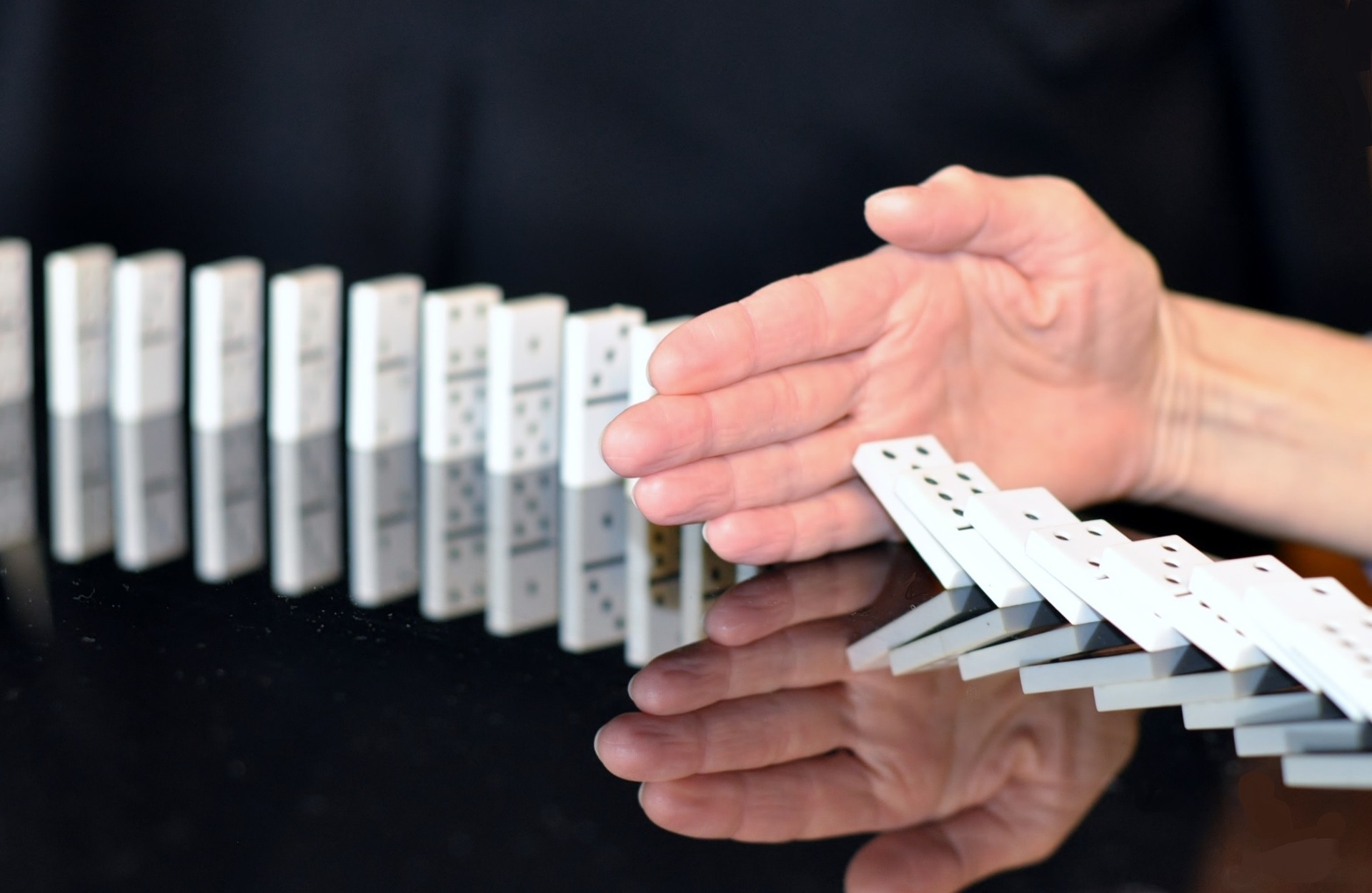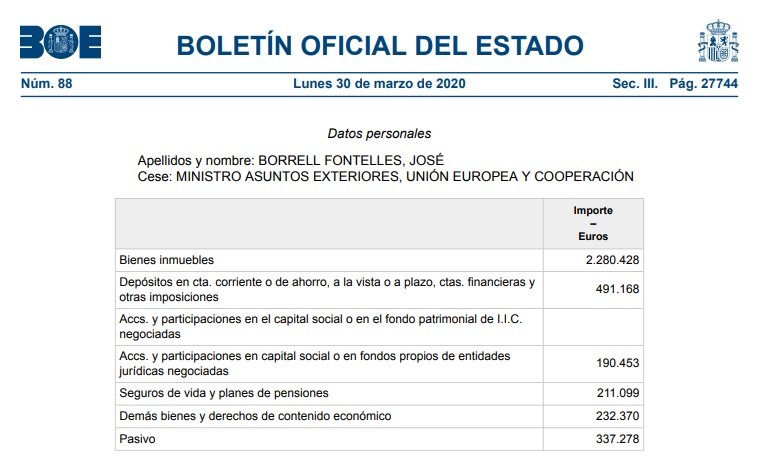
Corruption scandal in EP: Fish rot from the head down?
The arrest of EP Vice-President Eva Kaili as part of a probe into corruption is an unprecedented and shocking event. However, not because EU institutions are famous for their integrity and transparency, the Poles say. More than a third of the 29 most important people in the European Union have been directly or indirectly involved in some kind of corruption scandal or suspected of illicit activity.
MEP Eva Kaili’s dismissal is not a sufficient measure, Elzbieta Rafalska, MEP of Poland’s ruling party, told Polish journalists, speaking about the corruption scandal affecting the European Parliament. The politician of the Law and Justice party (PiS) said that she had the impression that the Left are attempting to create a situation in which they could naturally condemn corruption while rejecting the responsibility at party level.
“No one went beating their chests, but no one apologised, for instance, for their representative committing this. After all, someone or some people recommended this lady for one of the highest positions in the European Parliament,”
the Polish MEP explained, recalling sarcastically that Eva Kaili had voted in support of all the reports condemning Poland and containing various accusations against the Polish government.
“The suspended vice-president supported, for instance, all the resolutions on Poland’s violations of the rule of law. This extreme political cynicism is pure hypocrisy,”
she pointed out, noting that this case could be just one of the many and who knows what other corruption scandals are about to erupt.
The current scandal shows what EU institutions specialise in, Dariusz Matuszak, well-known Polish columnist wrote in an article. He believes that the arrest of the EP vice-president is an unprecedented and shocking event. However, not because EU institutions are famous for their integrity and transparency, but rather because the few hundred thousand euros seized recently is not at all such a substantial sum that would call for the sacrificing of someone.
“So why did such a cruel fate catch up with the Greek socialist? Did she fail to split something with someone? Did she perhaps promise something and then failed to deliver? Did her deal happen to be in someone else’s way? Could the case just be a diversion in an attempt to cover up another case, like when a crime scene is set ablaze to destroy evidence? Or is Ms Kaili just as ‘innocent’ as Commissioner Vera Jourova, who was imprisoned for a month for corruption until one of the witnesses who was supposed to pay the bribe died, resulting in “her [Jourova] being an impeccably honest woman,”
the writer explained the worrying context. In any case, Ms Kaili has joined the ranks of an exceptional group, he noted, adding that more than a third of the 29 most important people in the European Union have been directly or indirectly involved in some kind of corruption scandal or suspected of illicit activity. For example, let’s take the president of the European Commission first.
Ursula von der Leyen must be an exceptionally unlucky woman as the messages on her phone and computer keep accidentally vanishing all the time. The first time bad luck struck was in 2019 when the German parliament’s committee of inquiry began to investigate the squandering of vast amounts of money at the Defence Ministry under her leadership. Among other issues in question, were orders amounting to hundreds of millions of euros placed with a consulting firm where a friend of hers happened to work.
The investigating committee requested access to the former minister’s work phones, but the data had been lost. She was similarly unlucky when proceedings were launched into the EU’s suspicious procurement of coronavirus vaccines, as the related text messages had been erased for some reason. Right after Ursula von der Leyen concluded the EU vaccine contracts, which were surrounded with suspected corruption, the EC president’s husband became the medical director of Orgenesis, a company closely linked to Pfizer. After Heiko von der Leyen’s appearance, millions of euros began pouring into the healthcare company.
All investigations, including those related to odd assignments at the Defence Ministry, have been swept under the rug for now.
Belgian politician Charles Michel, the president of the European Council President and his fellow countryman Koen Leanerts, the president of the EU’s Court of Justice, are also on the list. They were both central characters in a case about illegal meetings between Eurocrats and lobbyists, paid for by taxpayers’ money, between 2010 and 2018. Christine Lagarde, the leader of the European Central Bank, who is one of the most important figures in the EU, also fits the pattern. The French bank manager was found guilty of negligence and breach of duty in 2016.
Spanish politician Josep Borrell is the head of EU diplomacy. It is worth noting that the Spanish commissioner was convicted of serious insider trading, yet he only received a fine of 30,000 euros in the end. As V4NA also reported earlier, before becoming an EU Commissioner, he also filed a declaration of assets and liabilities as Spain’s foreign minister, which was made public in March 2020. Mr Borell then declared a so-called liability of 337,278 euros, in addition to owning some properties worth 2.2 million euros.

However, his 2022 asset declaration no longer included any liabilities, meaning he had managed to recover hundreds of thousands of euros from his 25,000-euro salary in just two years.
It is clear from his asset declaration that, during the health crisis and the pandemic, as well as the war-torn period,
the EU Commissioner has made hundreds of thousands of euros.
Socialist Politician Helena Dalli, from Malta, is the EU’s Commissioner for Equality. She apparently has an immaculate track record, but her husband was embroiled in real estate scandals. John Dalli had also been a commissioner, but he was unceremoniously dismissed from his post in 2012. It was revealed that a Maltese businessman had solicited a bribe of tens of millions of euros from a Swedish tobacco company, promising that he would have John Dalli, health commissioner at the time, overturn an EU-wide ban on a form of smokeless tobacco. A huge scandal broke out, but the case was finally also swept under the rug. The post of EU commissioner might be a family business for the family in any case.
The undisputed champion of EU scandals, however, is Belgian politician Didier Reynerds, the EU’s Commissioner for Justice, the above-mentioned Polish publicist recalls. Reynders has been tangled up in various scandals since 2010, starting with the one related to the NATO headquarters security contract in Brussels. His biggest case however, was when an investigation was launched in Belgium in 2019 into a gigantic international corruption and money laundering scandal, in which then Foreign Minister Reynerds and his closest colleague, the head of the Belgian railway company was also involved. The case, however, has unsurprisingly faded away, Dariusz Matuszak writes.

